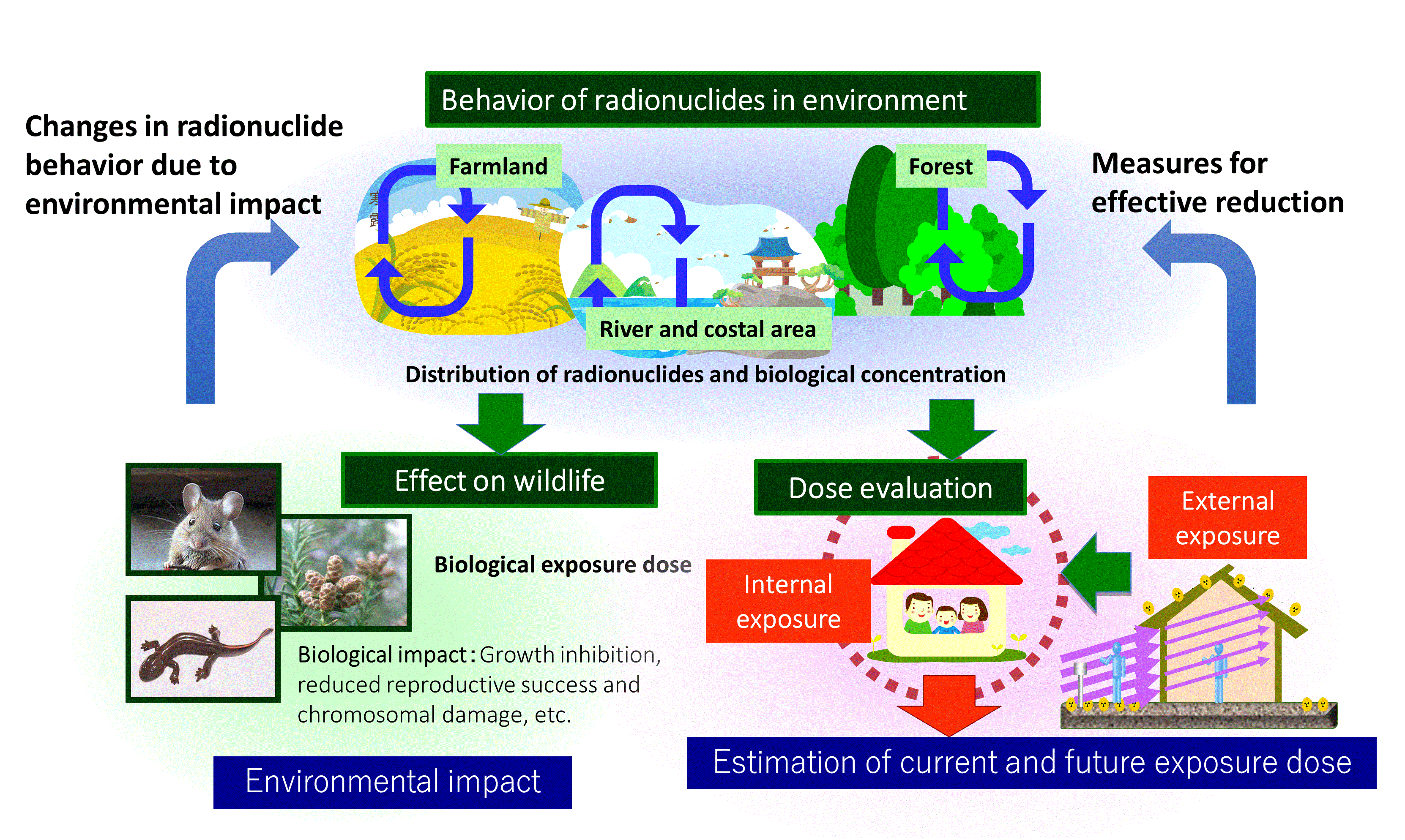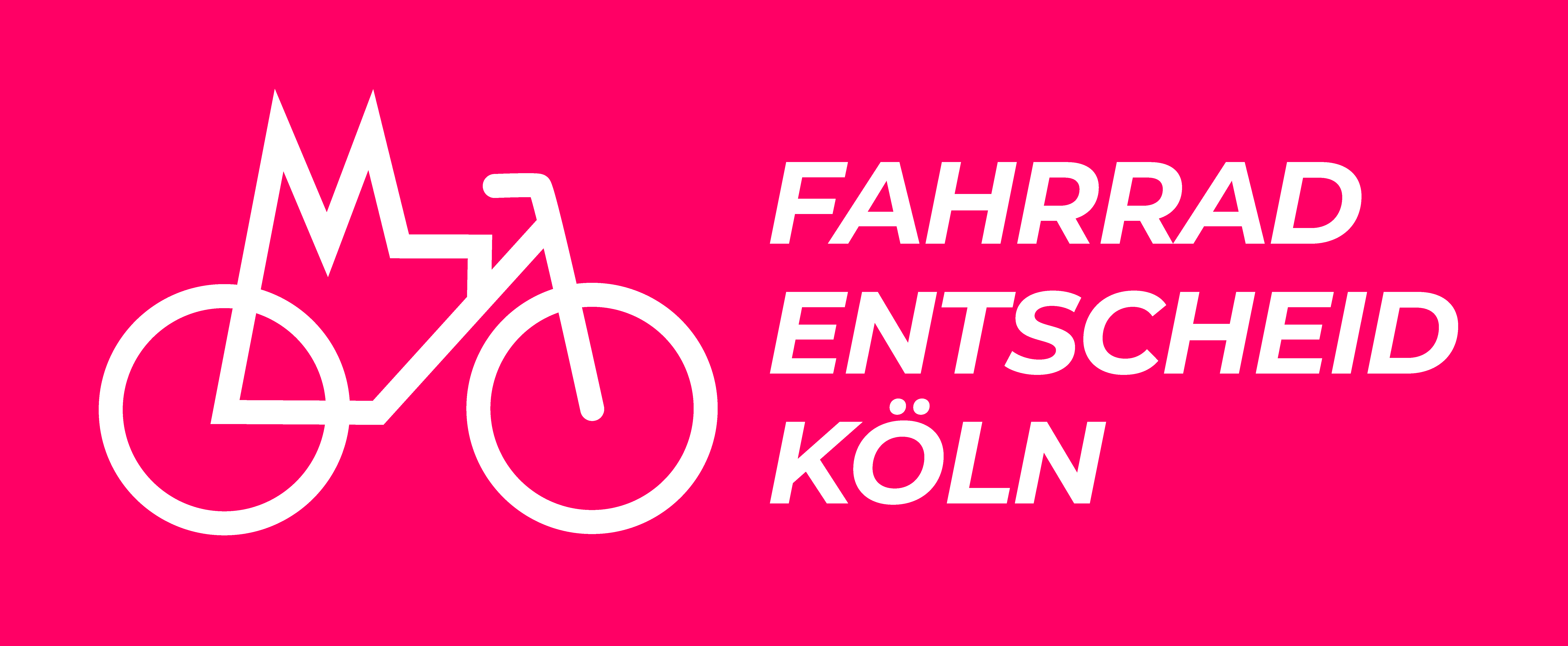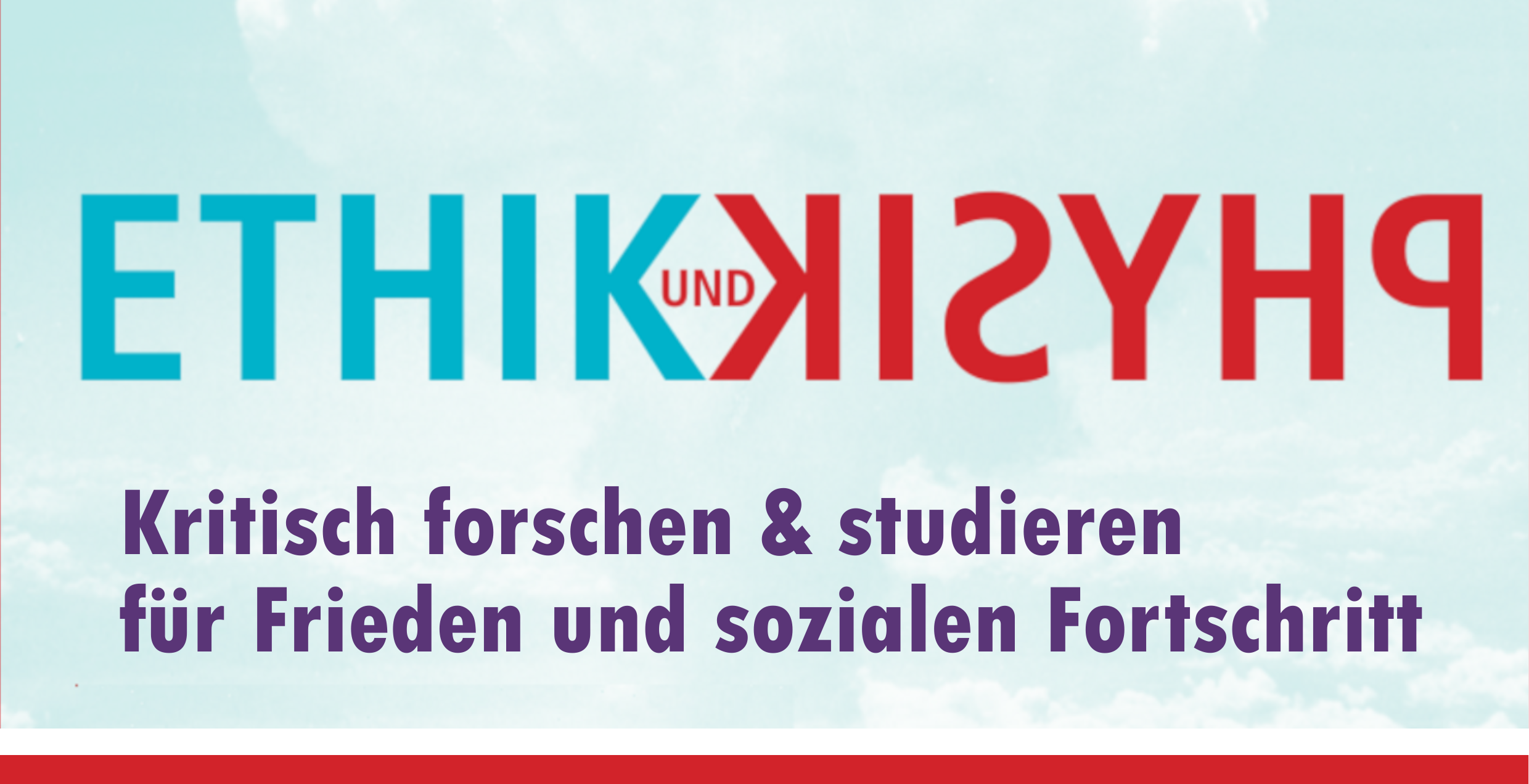Pfingstkurs: Inklusion in MINT-Kontexten
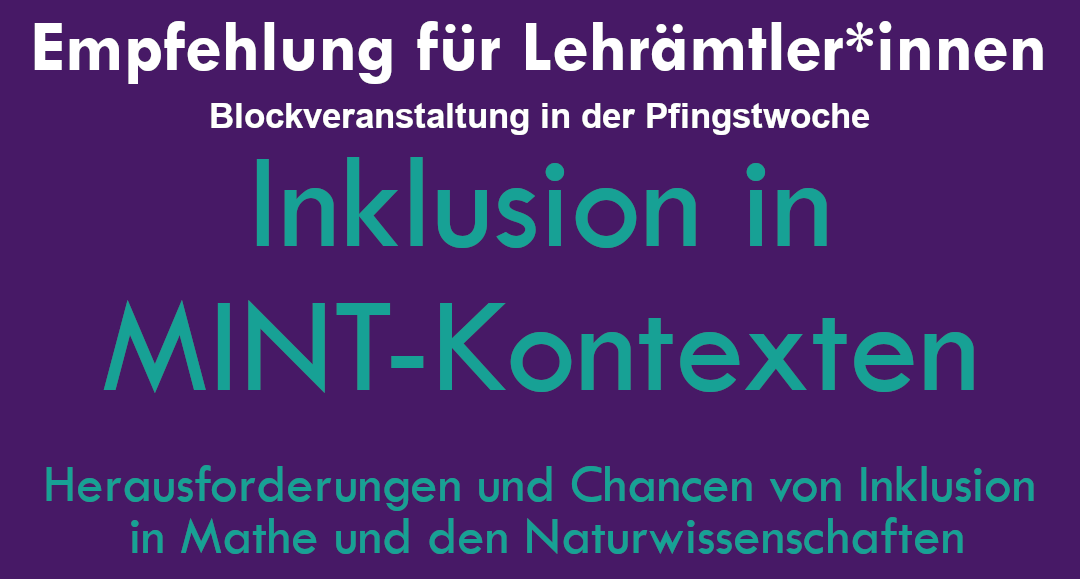
3 CPs in der MathNat-Grundlegung bzw. im Studium Integrale
Die Idee dieser Veranstaltung ist, Inklusion und Heterogenität mit MINT zu verknüpfen, unterschiedliche Ansätze miteinander in Beziehung zu setzen, Herausforderungen und Chancen zu diskutieren und Anregungen für den zukünftigen inklusiven MINT-Unterricht zu bieten. Das Seminar wird interdisziplinär stattfinden und Themen von dem allgemeinen Inklusionsbegriff bis hin zu den Anforderungen für die Unterrichtsplanung thematisieren. Insbesondere werden spezifische Herausforderungen und Chancen von Inklusion in Mathe und den Naturwissenschaften thematisiert. Zur Gewährleistung möglichst vielfältiger Perspektiven werden Kolleg*innen aus den MINT-Fachdidaktiken und -wissenschaften sowie der Sonderpädagogik, Bildungswissenschaften sowie der Schulpraxis eingebunden, um spezifische Herausforderungen und Chancen von Inklusion in Mathe und den Naturwissenschaften zu thematisieren. Ziel ist es dabei auch Verbindungen zwischen den Fächern herzustellen und Studierenden zu ermöglichen sich interdisziplinär zu vernetzen.
Master Welcome Program
Dear new master students,
to welcome you and get to know each other, the study programe as well as the university/department better there will be a Master-Welcome Program just before the semester / lectures start(s) with follow-up events in the first weeks of the semester. The program is designed in a way that also people can (in parts) participate which cannot make it to Cologne in time, i.e. because of VISA difficulties. …
Lehrpreis für Daniel Bürgler
Es ist schwierig eindeutig auszumachen was eine besonders gute, klassische Vorlesung ausmacht. Die Spintronics Vorlesung von Dr. Daniel Bürgler im Sommesemester 2024 war so eine, was anhand des sehr positiven Feedbacks mehrerer Studierender klar wurde. …
Unser Grußwort zum GegenWEHR-Kongress

Hallo zusammen,
wir begrüßen euch im Namen der Fachschaft Physik, die hier vor Ort diesen Kongress ausrichtet, zusammen mit der Landesschüler*innenvertretung NRW, der jungen GEW und dem Bündnis „Schule ohne Bundeswehr“ – unterstützt vom Bildungswerk der DFG-VK. …
Unsere Positionen
Hier gibt es einen groben Überblick über unsere Positionen zu aktueallen Themen.
Krieg, Frieden, Geopolitik und Wissenschaft
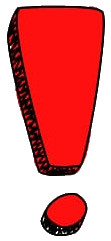
- Wissenschaftskooperationen
- Ausladung von Nancy Fraser
- Versöhnungsprozess angehen durch Forschungskooperation im Nahost-Konflikt
- Kernwaffen: Mitgliederinitiative, Rede
- Antikriegstag
- Dual Use und EU-Whitepaper
Studienfinanzierung
Arbeitsbedingungen
Hochschulgesetz, Ordnungsrecht & Co
Unileben
Kommt vorbei, mischt mit — auch und gerade, wenn ihr anderer Meinung seid!
Radentscheid
| Seid ihr auch frustriert vom Fahrradfahren in Köln? Von gefährlichen Situationen aufgrund schlechter Radwege? Dann unterschreibt doch den Fahrradentscheid: ein Bürgerentscheid mit dem Ziel, den Stadtrat rechtlich bindend zur Verbesserung der Radinfrastruktur zu verpflichten. Die Unterschriftenlisten liegen im Foyer aus, zwischen den Sitzgruppen und der Treppe zu den Toiletten. Alle Menschen mit Wohnsitz in Köln und einer EU-Staatsbürgerschaft können unterschreiben. | Are you tired of riding a bicycle in Cologne? Tired of every ride being dangerous due to the lack of secure bike lanes? Consider signing the „Fahrradentscheid”, a ‘citizen’s request’ to oblige the city council to drastically improve the cycling infrastructure. The signature lists are available in the main lobby, between the common space and the stairs to the toilets. All residents of Cologne with an EU citizenship are eligible. |
